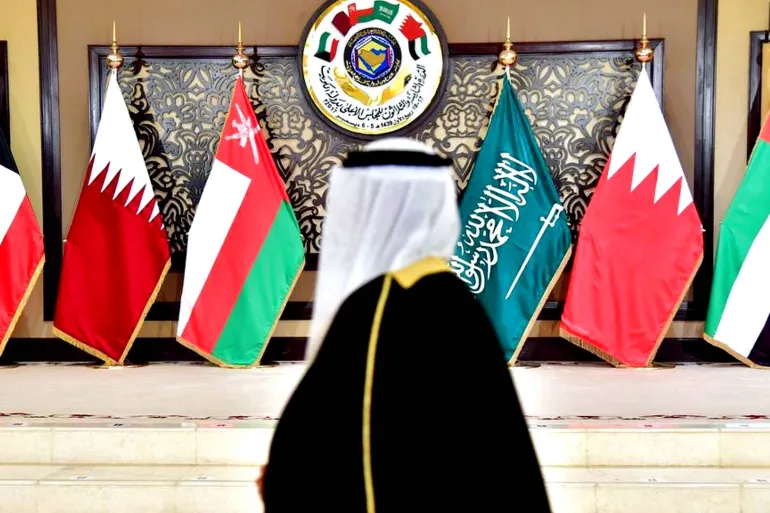The London-based newspaper noted in an editorial that Gulf Arab countries view Israel’s attack on Iran as reckless and are now concerned that the regime has gone out of control.
Gulf Arab officials have warned that Israel’s attack on Iran risks creating a lasting rift with their Middle Eastern allies. The regime is increasingly seen as the most destabilizing force in the region. An Arab diplomat described Israel’s strike on Tehran as an unforgivable recklessness.
Representatives from three Gulf countries expressed concern over Israel’s growing military power and Prime Minister Benjamin Netanyahu’s apparent willingness to use force. One unnamed official said: “It seems that in Gaza, Lebanon, Syria, and now Iran, he no longer exercises restraint.” He added: “Unrestrained and uncontrollable Israeli power is no longer an asset for us. This is a problem.”
The Telegraph highlighted growing worries about Israel’s role as a “destabilizer,” which threatens the Abraham Accords—normalization agreements between the UAE, Bahrain, Morocco, Sudan, and Israel. These accords were seen as a major achievement of Donald Trump’s foreign policy in his first term.
U.S. officials hoped Saudi Arabia would eventually follow suit, but expectations waned after Israel’s war in Gaza, which faced strong criticism from Riyadh. The newspaper notes that Gulf countries initially supported the agreements to form a united front against Iran, but now Israel risks becoming the main source of instability in the region.
This reflects increasing anxiety among Gulf nations, which have preferred diplomatic solutions with Iran but increasingly see Israel’s unlimited military ambitions as a threat. Mohamed Baroun, director of a Dubai-based think tank supporting Emirati policy, said: “Israel can now attack any country. What prevents them from attacking Qatar or Qatar’s interests, for example, in gas fields?”
He also pointed out that the Gulf country, long regarded as a key mediator, has previously angered Israel by hosting Hamas’s political office. “Israel’s unlimited power in the region is bad news for global order,” he added. “I used to tell Israelis we wanted to be partners in peace, but they only wanted security partners. Now, they’re not even partners in that. They are a threat to stability.”
The London-based newspaper also noted that many Gulf officials blame Israel for dragging the U.S. into conflict—fears that Iran might retaliate against military bases, energy infrastructure, or civilian targets across the region. Such fears materialized when Iran launched missiles at Al Udeid Air Base in Qatar.

